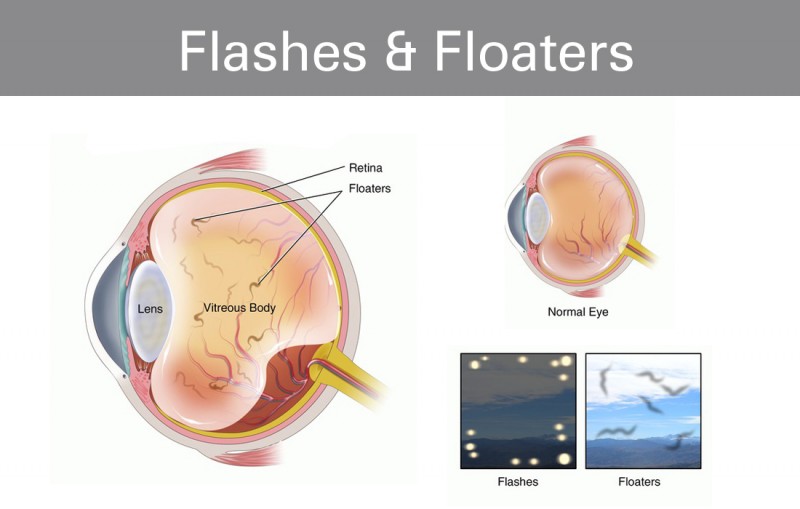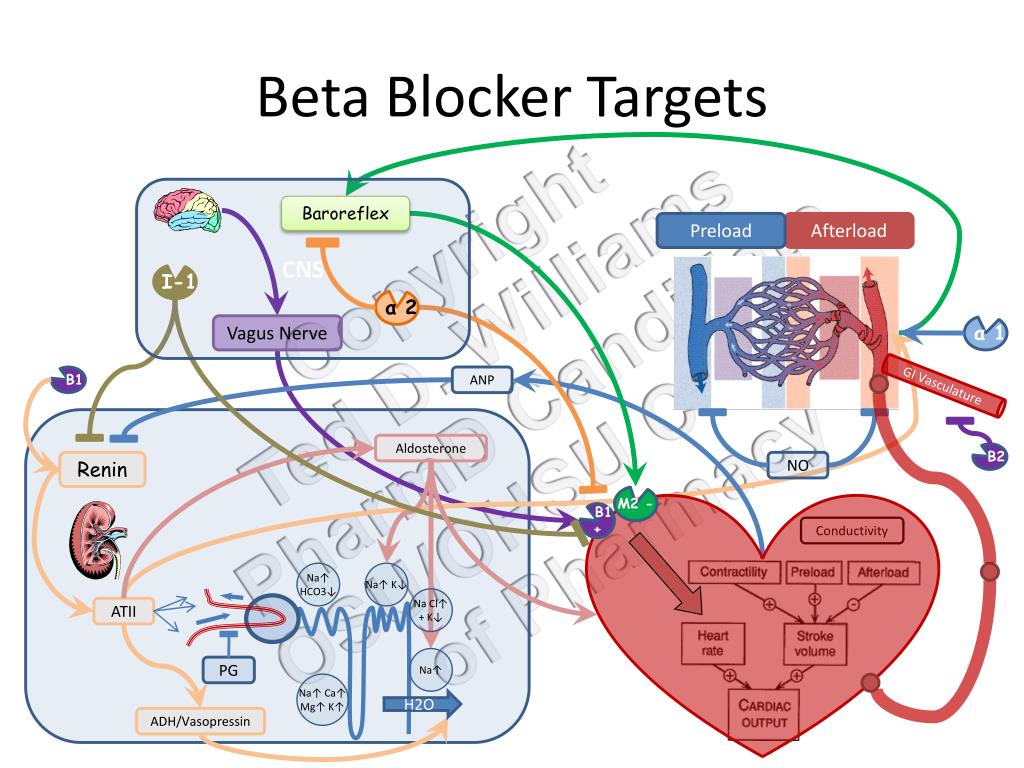Fatty Liver Disease - Understanding the Risks and Consequences

Fatty liver disease, a condition characterized by the accumulation of excess fat in liver cells, has emerged as a significant public health concern in recent years. While often regarded as a benign condition, fatty liver disease can disrupt normal liver function, leading to a cascade of interconnected health risks. In this article, we will delve into the far-reaching consequences of fatty liver disease and explore its impact on overall health.
The Insulin Resistance Connection
One of the primary consequences of fatty liver disease is insulin resistance, a precursor to type 2 diabetes. When the liver becomes overloaded with fat, it becomes less responsive to insulin, a hormone produced by the pancreas that regulates blood sugar levels. As a result, glucose builds up in the bloodstream, leading to high blood sugar levels and increasing the risk of developing diabetes.
Impaired Lipid Metabolism and Cardiovascular Risk
Fatty liver disease also disrupts lipid metabolism, leading to an imbalance in cholesterol levels and elevated blood pressure. This combination of high cholesterol and blood pressure promotes atherosclerosis, a condition characterized by the hardening and narrowing of arteries, raising the risk of heart attacks and strokes.
The Gallbladder Connection
The impaired liver function associated with fatty liver disease can lead to bile buildup, causing gallstones. Gallstones are small, hard deposits that form in the gallbladder, a small organ located under the liver that stores bile. If left untreated, gallstones can cause severe abdominal pain, nausea, and vomiting.
Kidney Damage and Inflammation
Fatty liver disease may also stress the kidneys due to the increased metabolic burden and inflammation, potentially leading to kidney failure. The kidneys play a critical role in filtering waste and toxins from the blood, and damage to these organs can have severe consequences for overall health.
Reduced Blood Flow to the Brain
Inflammation and blood vessel damage from fatty liver can result in reduced blood flow to the brain, increasing the risk of brain strokes. Brain strokes occur when the blood supply to the brain is interrupted, either due to a blockage or a rupture of blood vessels in the brain.
Conclusion: Addressing Fatty Liver Disease
In conclusion, fatty liver disease is a serious condition that can have far-reaching consequences for overall health. It is essential to address this condition through lifestyle modifications, such as maintaining a healthy weight, exercising regularly, and eating a balanced diet. Early detection and treatment can help mitigate the risks associated with fatty liver disease and prevent long-term damage to the liver and other organs.















Comments ()